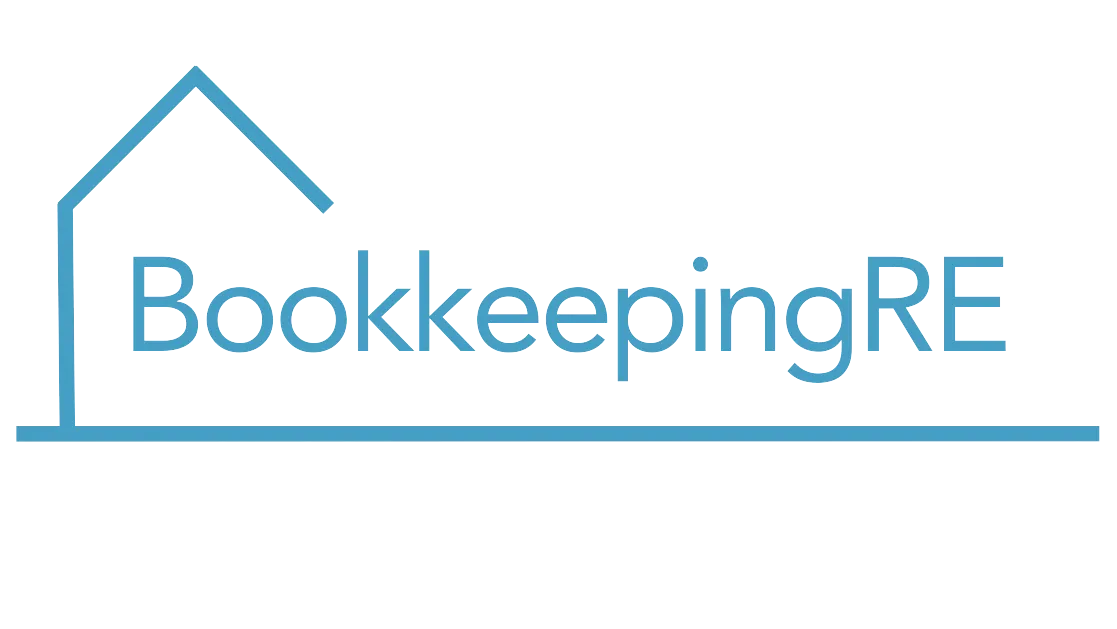
Bookkeeping Best Practices for New Real Estate Investors
“Good bookkeeping is the backbone of a successful real estate investing business.” - Jake Baker
Introduction:
Good bookkeeping is the backbone of a successful real estate investing business. It not only helps you understand your financial position but also ensures compliance come tax season. If you’re just starting out, these tips will set you up for smooth, stress-free financial management.
Start Simple with Spreadsheets
If you’re managing your first property, there’s no need to overcomplicate things. Spreadsheets are a great starting point for tracking income, expenses, and other financial details. Tools like Google Sheets or Excel are affordable and flexible, allowing you to customize for your specific needs.

Separate Personal and Business Finances
To avoid confusion (and potential tax issues), set up dedicated bank accounts and credit cards for your real estate business. Keeping personal and business expenses separate makes tracking easier and ensures cleaner records.
Organize Your Receipts
Use a digital system to file and organize all receipts. A platform like Google Drive works well:
Create a dedicated folder for real estate receipts.
Scan and upload physical receipts immediately.
Use a consistent naming convention, such as 2024.03.25 Home Depot, for easy searching and sorting.

Maintain Proper Records
Ensure you keep copies of:
Contracts
Settlement statements
Promissory notes
Other critical documents
Storing these files digitally in a secure and well-organized system ensures easy access when needed.
Use Software as You Scale
When managing multiple properties, spreadsheets can become cumbersome. Transition to accounting software like QuickBooks Online, which offers robust tools for tracking income, expenses, and generating reports. Partnering with a bookkeeper to set it up correctly from the start can save you time and money later.

Know When to Outsource
As your portfolio grows, you’ll find bookkeeping can become a time-consuming task. Many investors outsource this to a professional bookkeeper for a few hundred dollars a month. This allows you to focus on growing your business instead of managing day-to-day financial tasks.

By following these best practices, you’ll not only simplify your bookkeeping but also lay a solid foundation for long-term success as a real estate investor.

